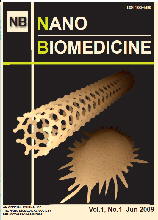Synopsis
Implant fixtures are likely to be corroded by fluoride and the safety of corroded chemical substances is attracting interest. The possibility of developmental toxicity of products of titanium corrosion by fluoride has been pointed out. In this study, we investigated mutagenicity of corrosion products of titanium plates treated with hydrofluoric acid solution using the
umu-test. The products of corroding titanium with hydrofluoric acid solution did not show strong mutagenicity. It was possible that the ratio of corroded powder against purified water was low in the corrosion product-dissolving technique and corroded chemical substances were not sufficiently dissolved in purified water. Improvement of these problems with the sample preparation method may be necessary.
Key words: titanium, corrosion, umu-test, mutagenicity, dental implants
